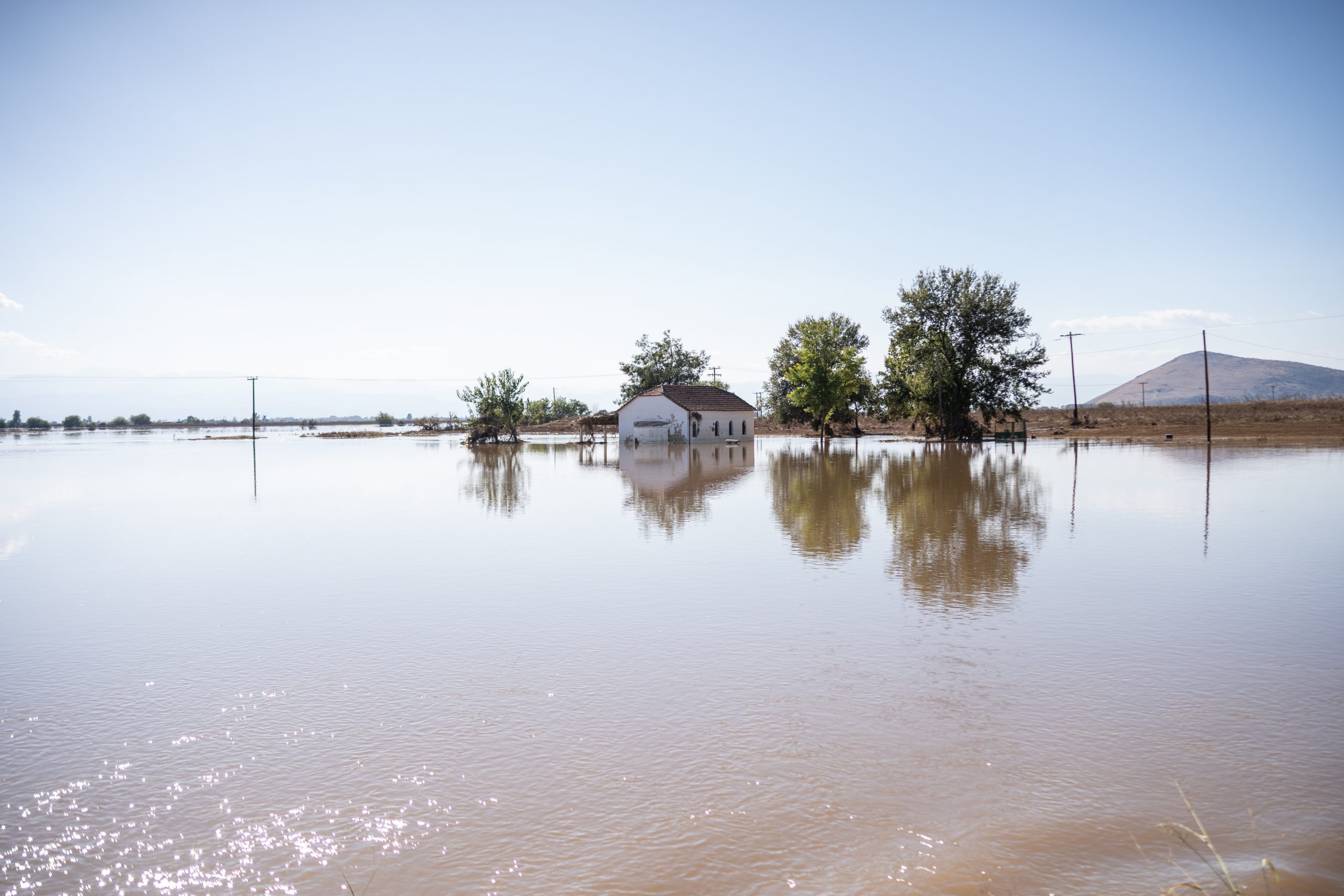You are visiting Thessalia. A few days ago you had a meeting with the Greek Minister of Agriculture, while you also participated in the meeting held in Strasbourg with the Commission President and the Greek PM. How could you best help the farmers in Thessalia? What proposals do you have and how fast could CAP funds be mobilized to support them? Could you give us an amount?
I first want to express my sympathy for Greek farmers from Thessalia who are greatly impacted. I will see myself the damage on the ground this week. But I know that farmers and agri-food companies were greatly impacted. This is why it is important for me to go there and support them in this ordeal.
Now on the EU financial support, I can confirm that some funding is directly available to the Greek authorities under the ongoing 2014-2022 rural development program. There are about €45 million to support the restoration of agricultural potential, and between € 30 and 40 million to support the restoration of forest potential in the context of the recent dramatic forest fires. Under the Greek CAP Strategic Plan of the new programming period, there are about €100 million allocated to forest interventions and that could be used for forest restoration without delay.
It is also possible to redirect unspent funds under other measures of the rural development program to the restoration of agricultural or forest potential. My services have estimated that approximately €50 million could be mobilized by the Greek authorities. It is also always possible for Greece to amend its CAP Strategic Plan to redirect more funding and interventions to support the restoration of the agricultural potential.
In addition to these available funds, let me remind you that Greece received €15.7 million under the agricultural reserve for 2023, to compensate farmers affected by high input costs, market disturbances and adverse climate events. This was even before the floods and fires that took place over the summer and recently. The Commission is currently looking at the possibility to allocate more funds to Greece from the 2023 agricultural reserve. Work is ongoing in that regard and I cannot provide an amount at the moment. We are in regular contact with the Greek government about our support.
Finally, State aids could be implemented directly by Greece, without the need to notify or await the Commission approval, as long as they are in line with the Agricultural Block Exemption Regulation. In a nutshell, funds could be mobilized very quickly.
Greece has requested flexibility, a different approach to the mechanisms and to the regulations also in relation to CAP’s last period but also to CAP’s new period. What can be done on this front? Have you already started looking into this?
The Commission is working very well with the Greek authorities and is assessing all their requests for flexibilities and amendments to existing and past programmes as fast as possible.
In addition to the support I have just outlined, Greece can take advantage of the possibility to pay in advance up to 70% of direct payments to farmers and up to 85% of rural development or animal-based payments. However, it is up to Greece to decide whether to proceed with advance payments before the controls are completed while ensuring at the same time protection of the Union financial interests.
The Commission is open to considering the introduction of a new risk management intervention under the Greek CAP Strategic Plan. The Commission is willing to accept Greece’s proposal for giving priority to the affected farmers in the existing financial instruments under the rural development programme. Among others, continuation of the successful scheme for micro-loans is being considered. Greece may consider modifying its CAP Strategic Plan and introducing stand-alone working capital financial instruments that can be targeted towards farmers in the flooded areas.
Under the EU and national legal framework, some requirements for the affected farmers and for the relevant authorities may be alleviated. I am thinking of extension of deadlines, modification of investments, or on-the-spot checks for example. Our services stand ready to examine the specific requests and provide guidance on EU legal framework possibilities.
Do you think that additional funds should be allocated to help deal with the ever increasing devastating effects of natural disasters to the EU farmers?
The recent natural disasters and meteorological abnormalities we have seen in the past years in Europe seem to occur more frequently and at shorter intervals. The signs are that this is just another worrying effect of a warming planet. Ultimately, the current common agricultural policy is financially ill equipped to deal with events of this magnitude. All it can do is to act rapidly and where possible provide gestures of solidarity with the farmers affected. So yes, in an ideal world state actors including the EU would be able to come to the rescue when such events occur. Especially as there may not be private insurance at reasonable rates to be had for farmers in the face of risks of such magnitude. We call such risks non-marketable.
We have seen in 2023 that the agricultural reserve allows Member States to respond to crises in a quick and efficient way. It is much simpler and faster to use than the previous instrument, the crisis reserve, which required a more burdensome procedure and the application of financial discipline.
Having said this, we also need to support farmers in their climate adaptation measures to better anticipate the risks and build resilience. This is an important strand of our current common agricultural policy and we provide support for such measures through Member States’ strategic plans. However, the Greek CAP Strategic Plan does not include an intervention which would support investments for the restoration of agricultural potential. The Greek managing authority could consider introducing such an intervention in their Plan through an amendment of the Greek CAP Strategic Plan. Efforts should concentrate now on supporting affected farmers using the available CAP tools, including risk management. I welcome that Greece is in the process of proposing a new intervention in their Plan on risk management that might help alleviate similar disasters in the future. The Commission stands always ready to assist in the best possible way.











